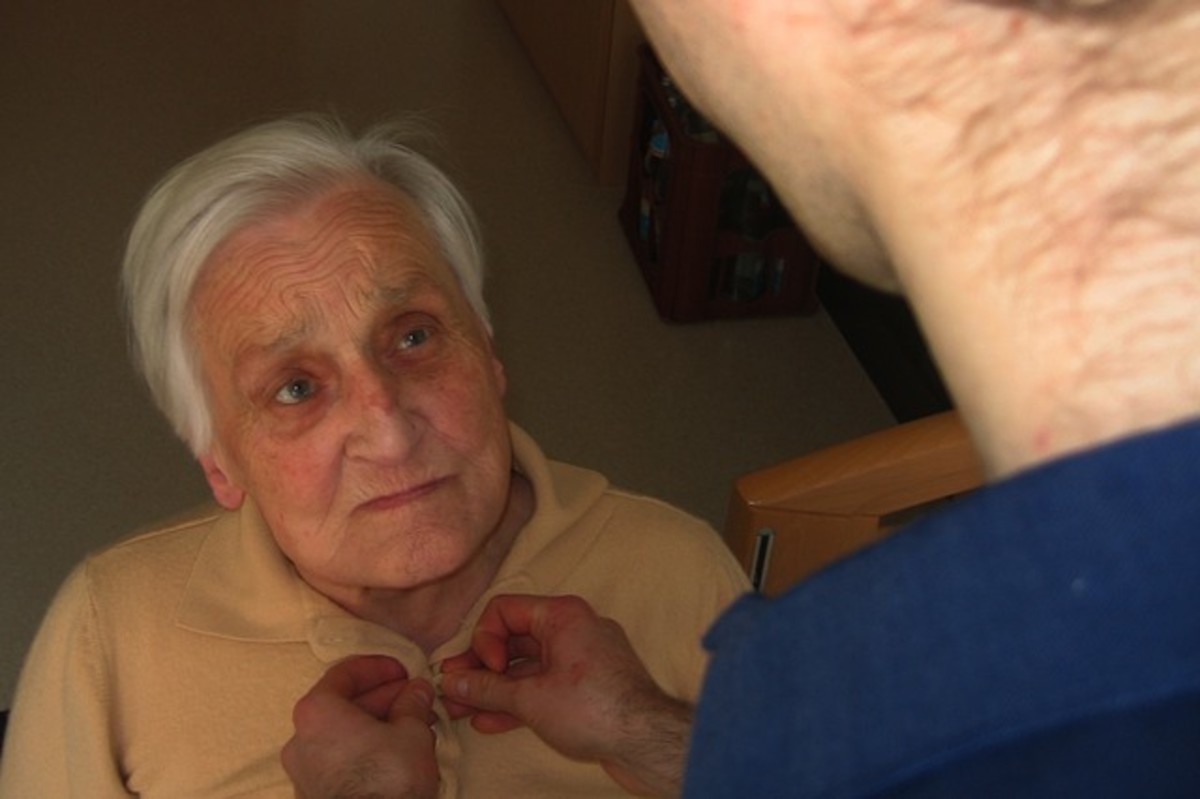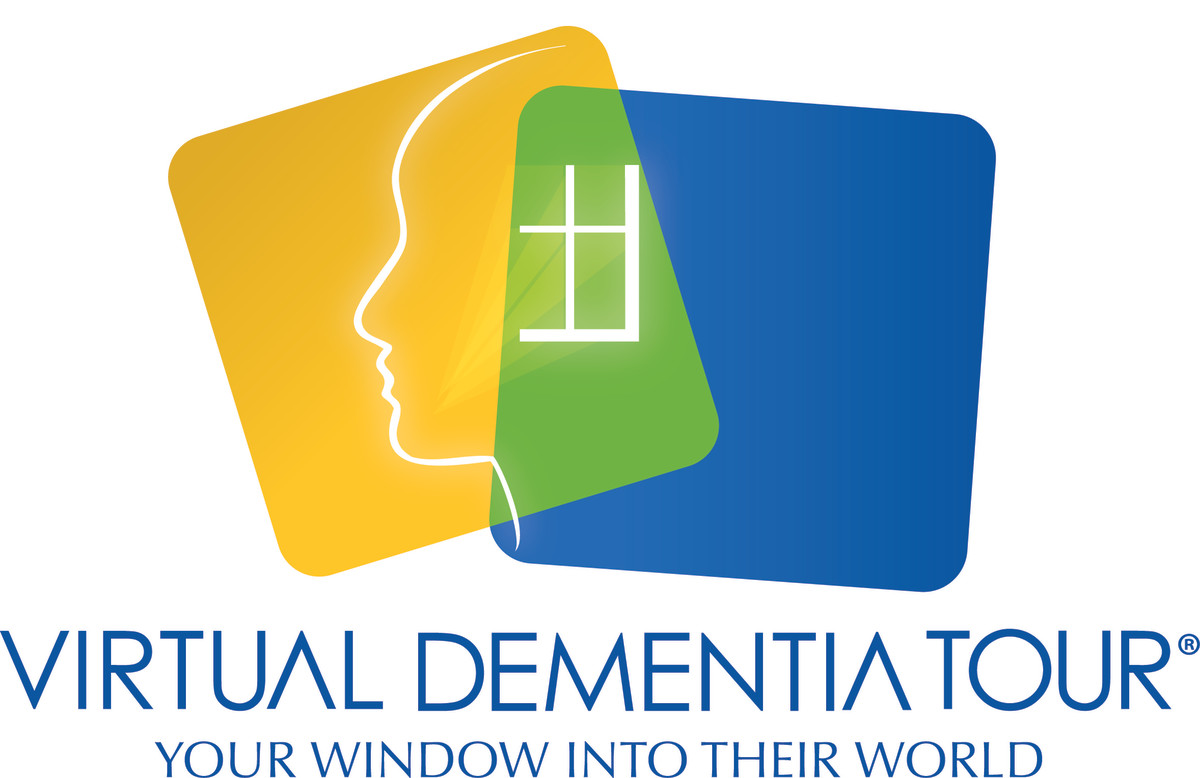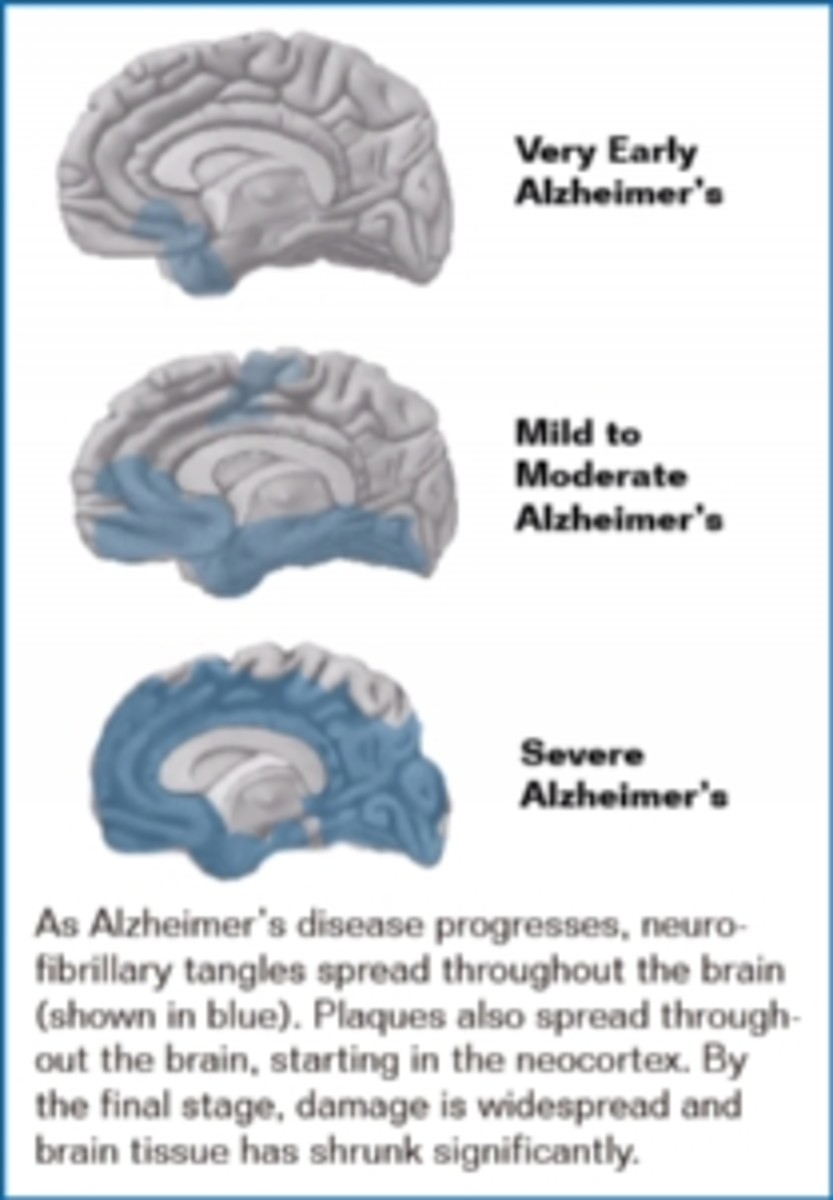How to Visit Someone with Alzheimer's Disease

Prepare Yourself Mentally for the Visit
My great grandmother was always a source of mental strength to me and my siblings. Growing up, she taught us that there was nothing that was beyond our reach, if only we would reach for it.
As she grew older, the disease that took her from us sadly also took us from her. She was the same person in appearances, but inside her head, we were all strangers to one another.
Preparing yourself to see a person that you care so much for can be heartbreaking. You want so very badly to walk into the room and by some magical way, your loved one get better.
Alzheimer's disease is not like that. Occasional forgetfulness gives way to heartbreaking instances where we become strangers in a room together, bound only by relation. The person who is affected by this disease cannot help it.
Please. I am literally begging you. Don't say things to them that are rude or derogatory. "You know better!" or "How can you not remember me?" or "How could you not remember that?" are all prime examples of what not to say on a visit.
Prepare yourself that hygiene and toileting use may revert back to a much younger time. Your family member may no longer be able to self toilet or keep themselves clean. Again, this is not their fault. The person you love is not doing this to make you angry or upset. They have a disease for which currently there is no cure.
Express your love for the person you are going to see before you go to see them. Yes, your family member is very ill. You still love them, care for them, and want them to be cared for in the remaining time left in their life.
Don't expect for this visit to be as good as the last one. As the disease progresses, they will become less and less like the person you remember.
The Visit, an Important Time to Connect
When you first see your loved one, describe to them a chain of reference of who you are to them. I would say "This is me", and point to myself while saying my name. I would then say who my parent was, and on up the chain to my great-grandmother. In the beginning, she would grasp it after a time or two, and then I would proceed to visit with her. If she stopped me and asked who I was, I would not merely say my name and that I was her great-grandchild, I would instead go through how we were related to one another again. As often as needed.
Bring photographs. Especially if they are from a long time ago. While my great-grandmother could not tell us who all of the great-grandchildren were in a photograph, she could tell us stories from when she was a little girl, and point to everyone in the image, telling us interesting anecdotes. You should bring copies of the photos that you have, and let your loved one keep them. Put them in an album and label them now. Next time might be too late.
Remember fun times from the past. Recall back when your loved one was a child. How they met their first love. What their favorite food was when they were a kid. Did their parents sing songs or take them places?
Requests to Go Home from an Alzheimer's Relative
Your loved one may ask you to take them home.They may tell you to take them home.
Don't tell them that you will take them home next week if you are not going to do that.
Neither do you say "When the doctor says you can go home." That puts a horrible burden on your loved one to get better and on the staff caring for them.
Be honest, but be respectful. "You have Alzheimer's disease. We cannot bring you home, because you might hurt yourself without meaning to. You are here because there are always people who are ready and willing to help you. Because you are not well is why we come to see and visit you. Because we love you."
It is best to be honest from the very beginning rather than create false hope that things will get better.
Complaints About Nursing Home Staff or Caregivers
Sometimes, people with Alzheimer's disease will swear that they are being robbed, and that their assets are being taken. If they are in their home, with a caregiver, look for the item that is reported to be missing. If valuables were removed from the home by family prior to caregivers being there, tell your relative that. If something is missing, consult with all family members before you make a query of the personnel.
In a nursing home, your family member will be discouraged from bringing valuables into the nursing home. The reason is to prevent theft. If you know that something was brought in by your family member, and it is not on their person, carefully search for it before you query the staff. Popular places to store things are in sweater pockets and in tissue boxes.
In the event that your family member asserts that any type of abuse is taking place, listen to them carefully. They may be confused, but you owe it to them to listen and determine if there is something is going on.
If it is determined that nothing is going on, and future complaints surface, listen to your family member and do due diligence. If nothing is ever found, still look every time, or tell them where their belongings have been moved to.
If there is ever substance to the claims, follow the chain of command up the line to ensure that your family member is treated well and fairly while you determine the best course of action.
When it is Time to End the Visit
Decide before you go into your loved one's residence or care facility how long you can stay. Tell your relative how long you can visit with them as soon as you get in to see them. When there is less than 10 minutes remaining, remind them that you will be leaving in 10 minutes. Don't make up a reason that is silly, just say "In ten minutes, I will have to leave."
Five minutes later, when you have only five minutes left, remind your relative "In five minutes, I will have to go."
When it is time to leave, announce that you have to go. Recap portions of your visit. If you brought photos or gifts, remind them of that. If you are in the area and will be able to come back, state an estimated time when you will be back. If you do not live in the area, or do not know when you will be back, state that. Affirm that you love your relative and then remind them that you have to go. After hugs and kisses, leave. Even if there is begging and pleading, leave. Express your love, but leave. Don't feel as though you must stay if they are sad. It is emotionally draining to see your loved one like that, it is draining for them as well and you must also think of yourself and leaving on a happy note.
After you get Home
It is normal to feel strange, sad, disappointed, angry or confused when you get home. Have some quiet time to yourself and if you can, plan the time for the next visit. Sometimes, there is also the realization that your family member has declined mentally since the last time that you saw them, or declined physically.
If you do not live close, do send a card to your family member, telling them how much seeing them meant to you. Explain in the card who you are if that is necessary. Remind them of the visit. If you can, send a photo of the two of you together. Share a memory or two from the past as well.
Sharing with Other Family Members
If your family is close, you will want to let others know about the visit that you had.
If there are any medical changes,be sure to write them down before you leave. Remember to share how you felt, what you visited about, and to express yourself, not just give a news report. Families share and care for one another, and pulling together is one of the best things that you can do to support one another through the tough times of this disease.
About Me
If you find this Hub Useful, Funny, Interesting, or anything else good, please vote it up, thanks!
This content reflects the personal opinions of the author. It is accurate and true to the best of the author’s knowledge and should not be substituted for impartial fact or advice in legal, political, or personal matters.
© 2012 Dixie






